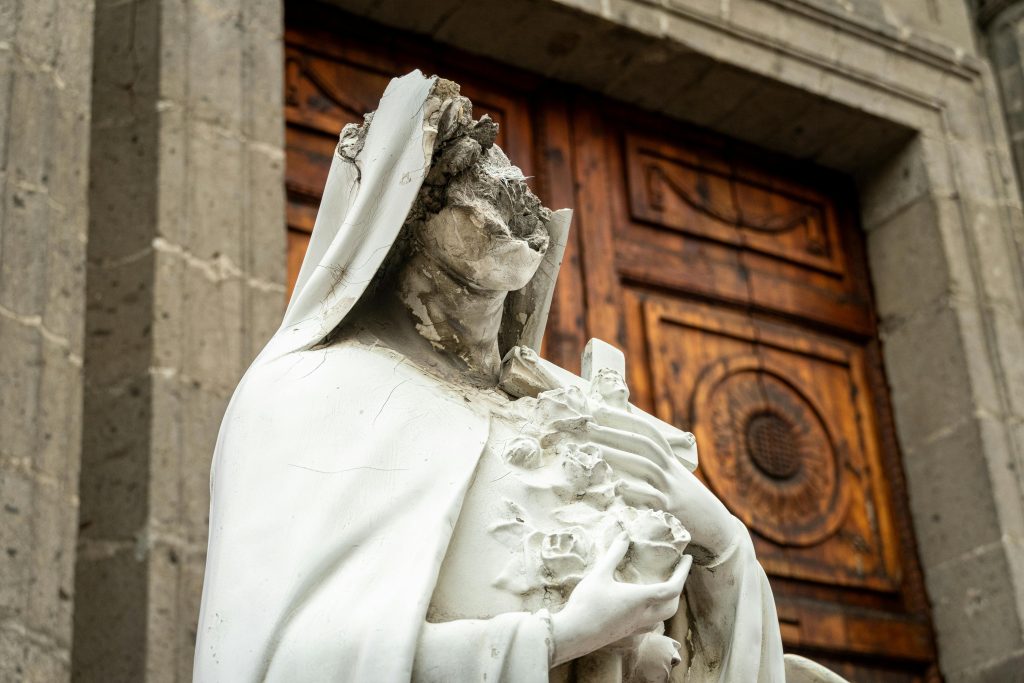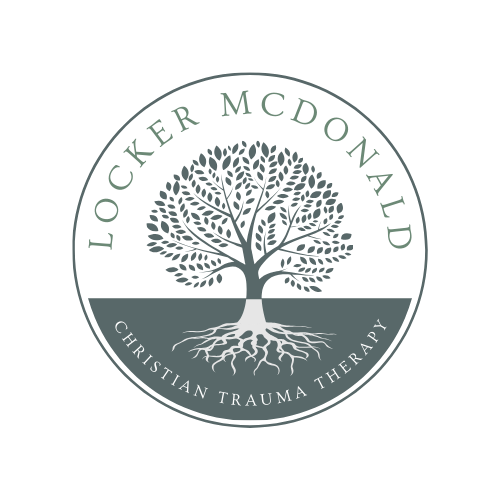Spiritual Abuse, Church Hurt, and Religious Trauma: Healing and Recovery

Understanding Spiritual Abuse: A Subtle but Devastating Reality
Spiritual abuse is an all-too-common yet subtle form of mistreatment that manipulates scripture, spirituality, or God to exert control. The impact can be profound, leading to anxiety, depression, and a distorted sense of self.
What Does the Bible Say About Spiritual Abuse?
Jesus warns about abusive leaders in Matthew 23 (CSB):
“They tie up heavy loads that are hard to carry and put them on people’s shoulders…” (v. 4).
“They do everything to be seen by others.” (v. 5).
But spiritual abuse isn’t limited to church leaders. Parents, friends, or coworkers can also manipulate and coerce using religious beliefs, violating the dignity of fellow image-bearers.
The Church: A Place of Healing or Harm?
In its purest form, the Church is meant to be a refuge of love and justice. Throughout history, many churches have truly brought light into the world. Research even supports spirituality as a crucial factor in mental health and recovery.
Yet, power can be misused. Throughout history, religious systems have justified oppression under the guise of “Manifest Destiny” or “God’s Will.” Even today, high-profile churches and leaders are exposed for covering up abuse, betraying the trust of those seeking safety.
When Suffering is Misinterpreted as Faithfulness
One of the most heartbreaking aspects of spiritual abuse is that victims often believe they are in safe hands. Many have been taught that suffering is simply part of the Christian life, leading them to endure mistreatment without prioritizing their own well-being.
Even worse, when victims finally recognize the harm, they are often silenced or shunned—left alone in their pain.
Recognizing the Grip of an Abusive System
Spiritual abuse is not just about individual perpetrators. It thrives within narcissistic systems—churches or organizations that prioritize image over truth. When a church is more concerned with protecting its reputation than addressing harm, it is no longer serving God’s Kingdom.
Have You Experienced Spiritual Abuse or Religious Trauma?
If you’re unsure whether your church experience has caused harm, consider taking The Spiritual Harm & Abuse Scale (SHAS) developed by Dan Koch, licensed therapist and PhD student. You can also check out the resources listed below that explore spiritual abuse, and just see if you relate to any of the stories included in those works.
A Healing Community: Why Recovery Happens in Safe Spaces
My goal in starting a Spirtual Abuse and Church Hurt Processing Group is to provide a compassionate, understanding space where stories can be shared and held with care.
Healing is not about being forced back into a church setting. It’s about finding grace, mercy, and a supportive community for wherever you are on your spiritual journey.
What to Expect in a Healing and Recovery Group:
✔ Education about spiritual abuse and religious trauma from a licensed therapist
✔ Coping skills for anxiety, depression, and other symptoms associated with trauma history
✔ Sharing your story with compassionate witnesses
Trauma Therapy: An Individual Path to Healing
For many, individual counseling is also an essential part of recovery. EMDR therapy can help process traumatic religious experiences and reclaim truth from the lies of spiritual abuse.
You are not alone. Your story matters. Healing is possible.
Resources for Further Exploration
- “Redeeming Power” by Diane Langberg
- “The Subtle Power of Spiritual Abuse” by David Johnson and Jeff VanVonderen
- “When Narcissism Comes to Church” by Cuck DeGroat
Sources
- Koch, D. (2022). Spiritual Harm & Abuse Scale – Screener (Version 1.3) [PDF]. dan‑koch-words.com. http://www.dankochwords.com/uploads/1/1/7/6/117689856/spiritual_harm___abuse_scale_-_screener_v1.3.pdf
- Oakley, L., Kinman, G., & Parsons, S. (2021). Understanding spiritual abuse: Conceptualization, measurement, and implications for practice. Journal for the Scientific Study of Religion. Link
